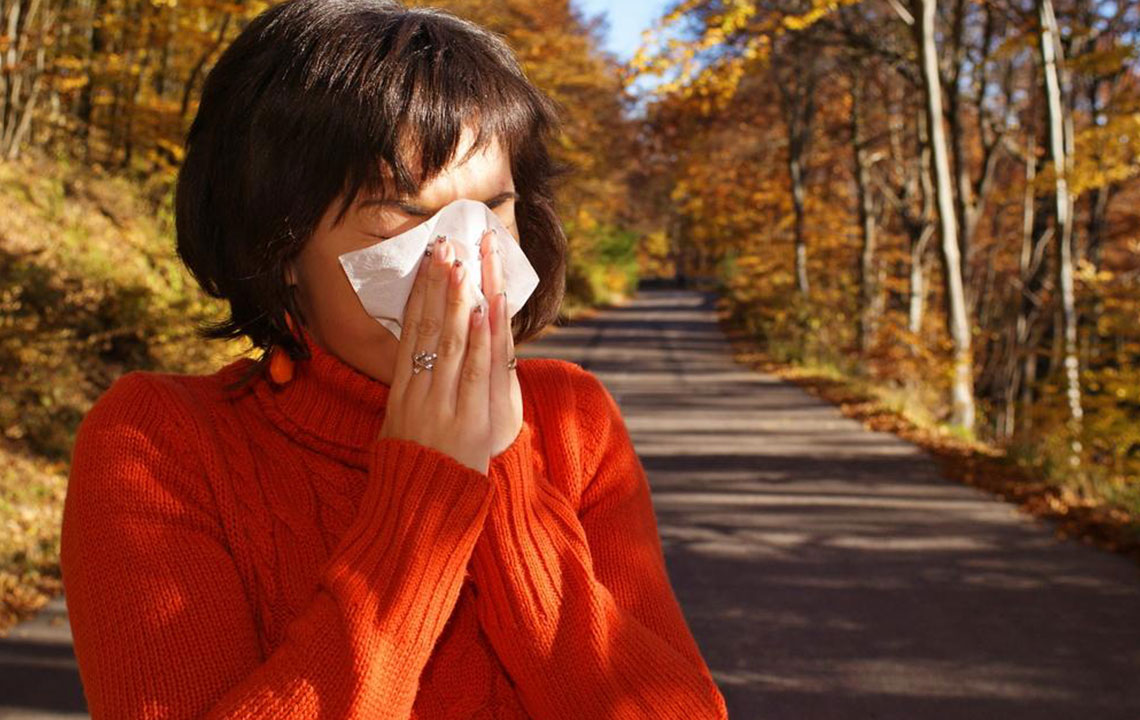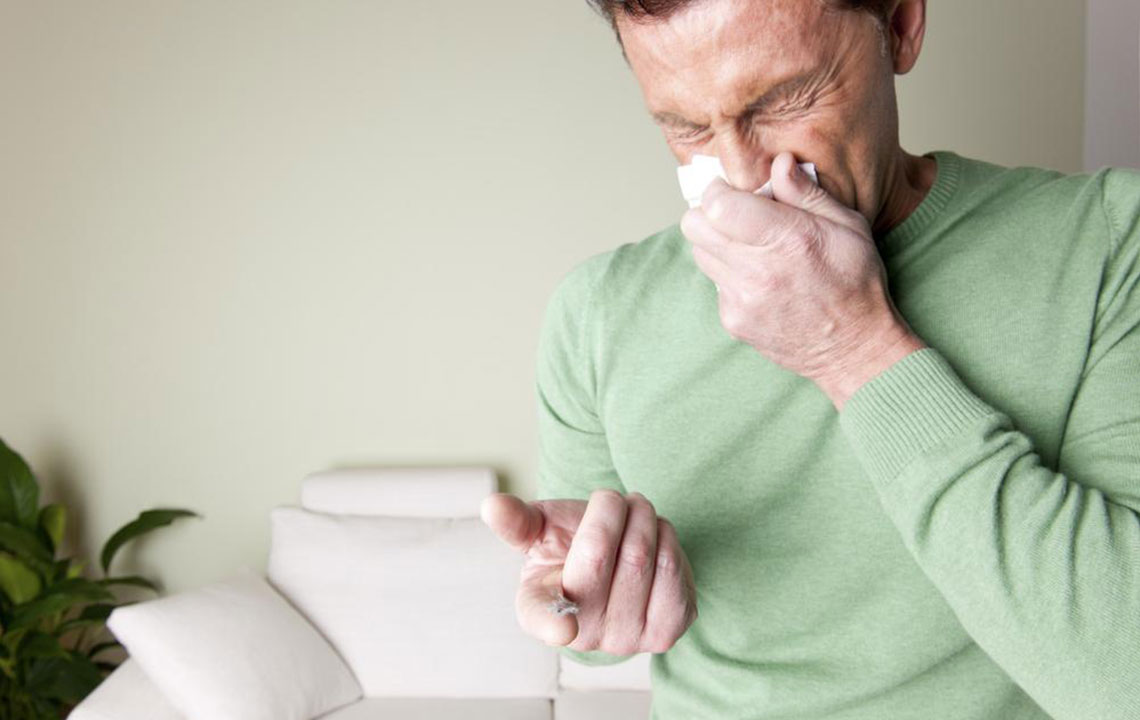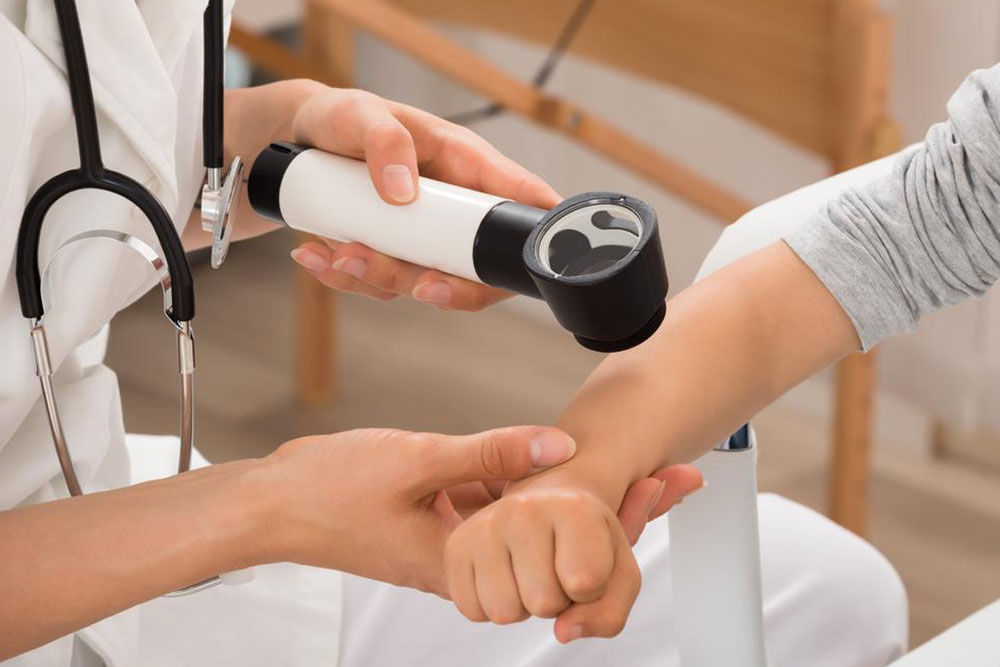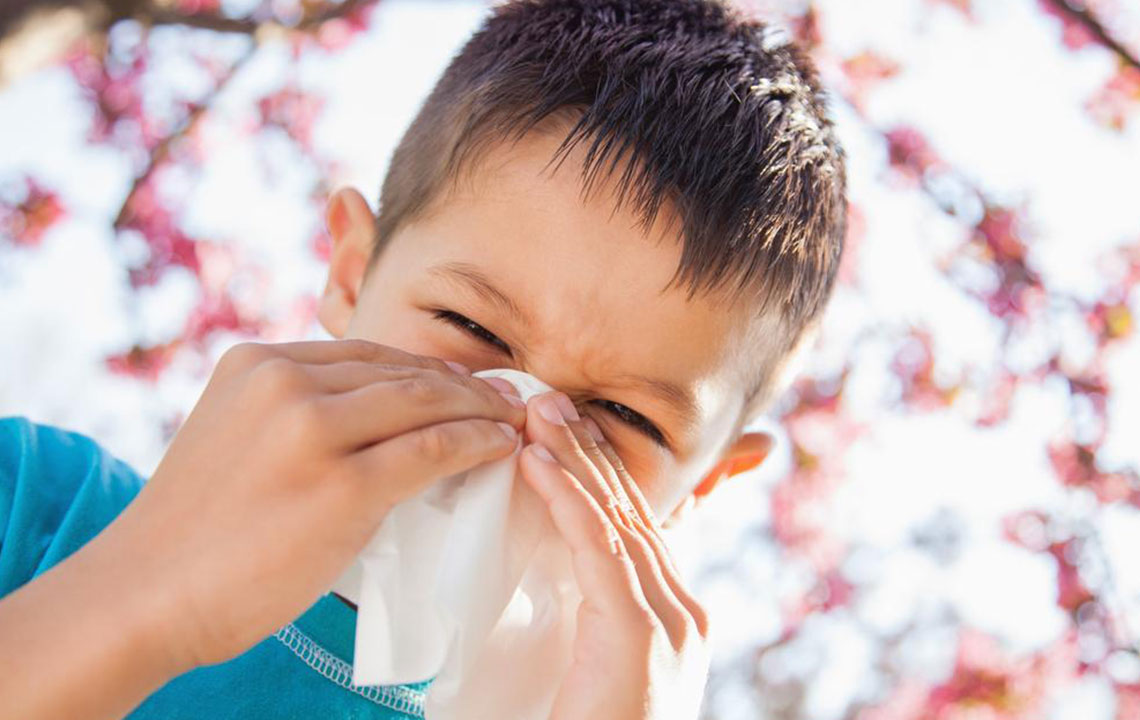Mold Allergy – Causes, Symptoms, and Treatments
Molds are a type of fungus that lives everywhere. Upsetting a mold source can send the spores into the air. You can find molds anywhere of different things. Mold spores are often released when there is a climate change. They are commonly found near places like waterbodies, food particles, damp walls and floors. Along with oxygen, molds need warmth to grow; their growth is hampered in freezing temperatures. They also thrive in darkness and moisture.
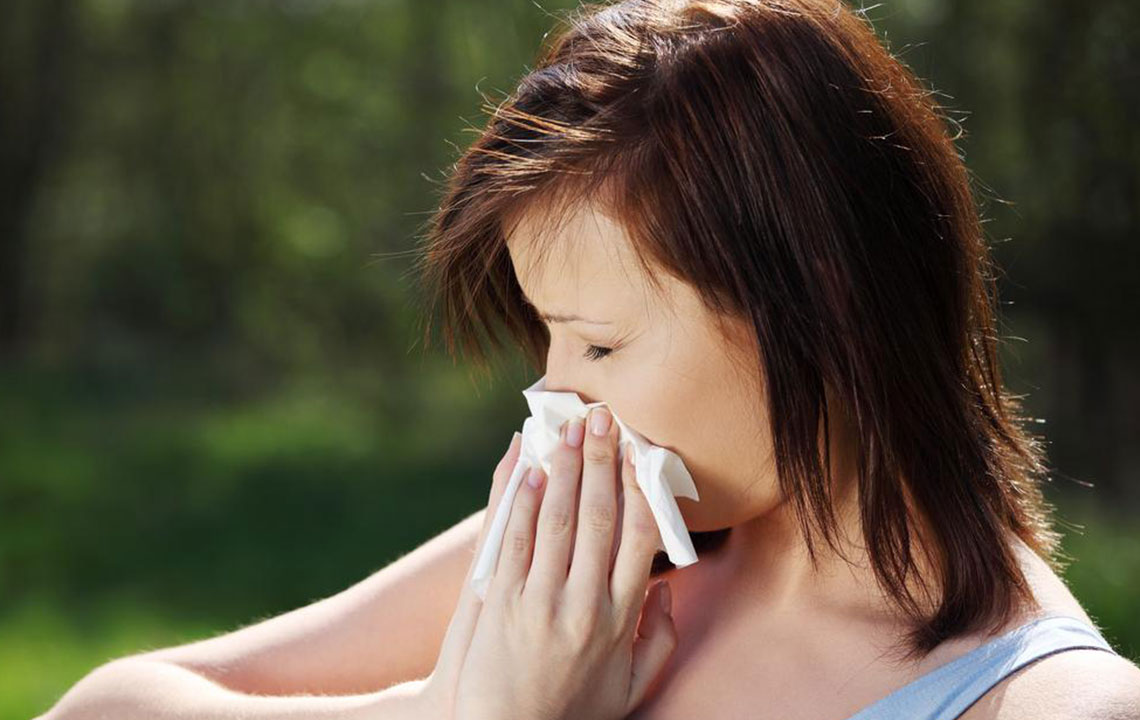
Let’s look at some of the reasons that cause the growth of these molds:
Humidity
Leakage from the pipes and roofs
Condensation
Poor ventilation
Wet clothes
Flooding
Damp basement
Waterbody around the house (lake, pool, river, lagoon, etc.)
Molds might seem easy to get rid of, but there are instances where people suffer severe allergies because of them. People catch the allergy when the mold’s small pollen grains escape the filtering process of the nose and get ingested into the respiratory system.
People get mold allergy when their immune system overreacts while you are breathing in mold spores. People who already have breathing problem like asthma can also be affected by mold spores.
To find cure and treatments to mold allergies, one needs to know the symptoms of the same. The symptoms include:
Running or blocked nose
Sneezing
Coughing
Post nasal drip
Itchy eyes, nose and throat
Watery eyes
Dry skin
Scaly skin
Fatigue
Keeping the symptoms in mind, you can now focus on treating the mold allergy. However, there is no cure for the allergies, but you can reduce your allergy symptoms by avoiding contact with the mold spores. Here are a few treatments and precautions that you could consider to cure mold allergies.
Firstly, you need to track the place where you might have got the allergy from. You will find molds thriving indoors and outdoors.
If you have got the allergy outdoors i.e. in the open, you should limit your outdoor activities. This will lessen a number of mold spores you inhale and your symptoms. Wear a dust mask if you have to venture out due to important activities.
You may also get exposed to mold spores indoors. The affected areas include the kitchen, bathrooms or office.
If you have a sensitive nose and are prone to catch a cold too often, then avoid places where you could get exposed to mold spores. Moist, humid conditions and places with little or no ventilation, should be avoided. Ensure that you do not go to places like farms, flower shops, greenhouses, antique shops.
If you know the causes and symptoms, you must take necessary preventions or treatments to lessen or ward off the allergy completely. Use centralized air conditioners, if the humidity level in your house is high. Avoid devices that treat air with heat, electrostatic ions or ozone. If indoor humidity is above 50%, fungi will thrive. Ensure you keep the humidity level between 40% -30%.
Also, proper air ventilation is of utmost importance. If not, you can create proper ventilation for every corner of your house.
Make sure you clean the sides of your house, basement and anyplace that is usually damp and is likely to develop mold spores. If you are allergic, then get someone else to do it. Also, clean every single part of your house every two weeks. Don’t touch the mold with bare hands and if you do so, take a shower after you are done.
These are not necessarily mold allergy treatments, but you can use them as preventions and methods to stop the existing allergy from getting worse.
There are mold allergy medicines you can take to curb the allergy. There are many drugs that are used for treating the upper airway diseases, mold allergy being one of them.
You can take decongestant drugs to treat your mold allergies. These mold allergy treatments include medicines that come in the form of nasal sprays like oxymetazoline and pseudoephedrine.
Antihistamines and nasal steroids are available over the counter without a prescription. If you have allergic asthma, talk to your doctor about which medicines may be suitable for you. Allergy shots may help reduce symptoms and medications.
You can try nasal corticosteroids for treating your mold allergy. If you do get a prescription, this mold allergy medicine is quite effective.
But, before you opt or start treating your mold allergy, do consult your doctor. Self-medication may make matters worse and the reactions may cause severe irritations.
